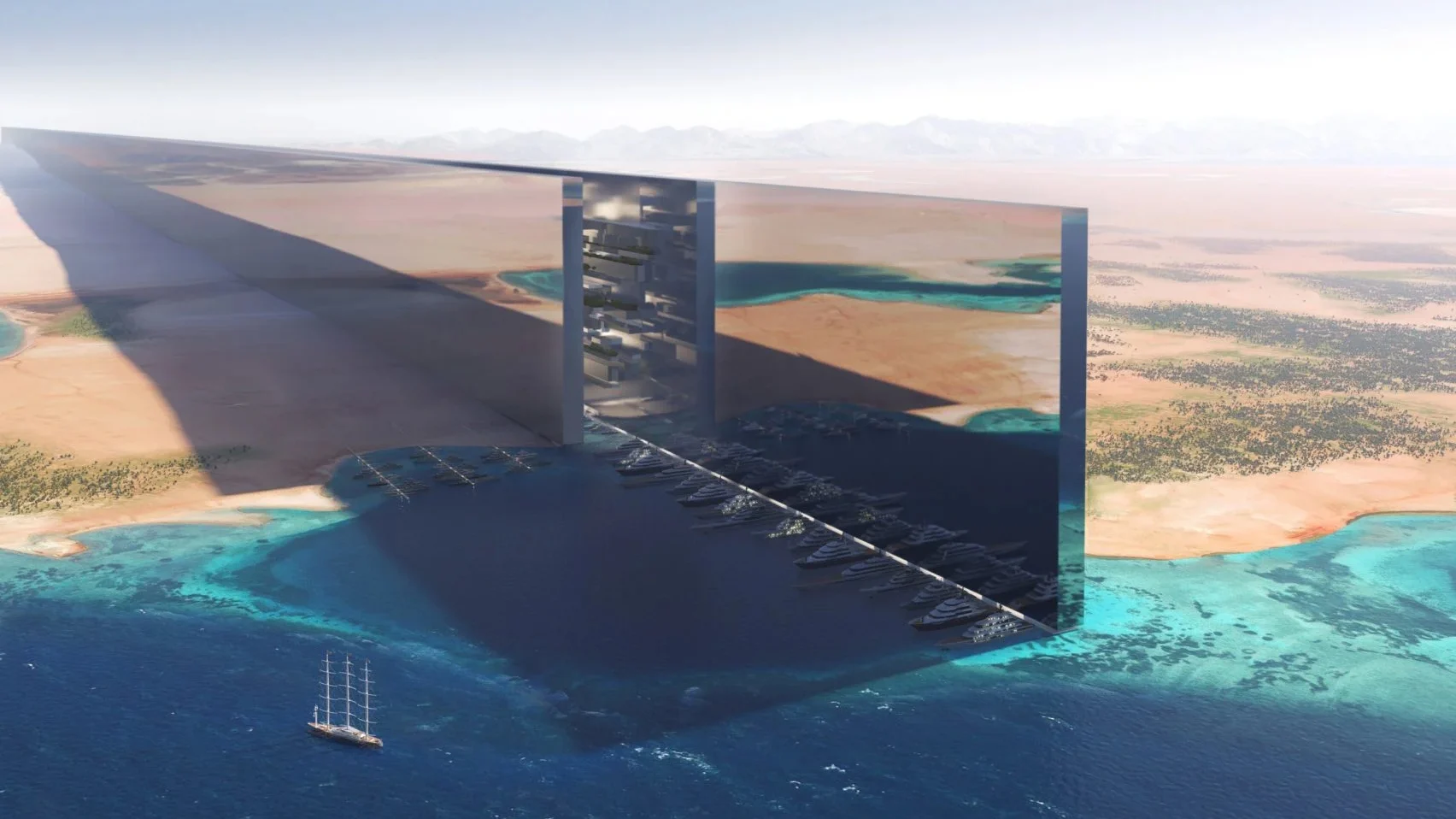Karachi 2121 -- Transformation of a Megacity
The Ecotopia 2121 Project speculates upon the green futures of 100 geographically real cities throughout the world. This week, we showcase Karachi in the year 2121.
Karachi, the twenty million strong megacity of Pakistan, has severe problems with the silting-up of its harbor and waterways. Transportation, and the marine environment, are both so grossly degraded by silting that they are each being brought to the point of dysfunction. The silting is a natural process, the rivers bring many tons of soil to the coastal waters every year, but it is made exponentially worse through illegal dumping of garbage, deforestation, and human-created soil erosion. In this scenario, Karachi 2121 attempts to deal with these issues together. Dredging machines will dig-up and concentrate silt from Karachi’s harbor and build them into mounds upon which new mini-cities can be built.

Karachi 2121 by Alan Marshall
How is this to be financed? Partially via government investment, partially by private investment, and partially by compensation provided by signatory nations of Climate Treaties who are legally obliged to reimburse those poorer nations adversely affected from climate change. Mostly, though, they are built by people themselves, the urban poor predominantly, since these are the people actively looking for a home and they take the opportunity to start building on new islands as soon as they emerge from the water.
Currently, the slum communities of modern Karachi are often criticized nowadays for clogging up the waterways with houses built on wooden stilts within them. These are said to exacerbate flooding but the success of these communities in colonizing silted up areas, with few resources, and the way they solve their own problems should impress those in local government. In the future, come the 22nd century, these communities are given permits to construct a ‘mini-city’ on a ‘test island’. They’re given no funds, no resources, no technical help, only the legal indemnity against prosecution for occupying newly emerged land.
By 2121, a whole series of reclaimed island cities are colonized in the same way. The sustainability of each mini-city will always be a prime concern to the residents since the physical limits of each will discourage accumulation of physical assets. Instead, everybody on the new islands agree that any profit will be re-invested into shared civic projects like eco-fishing, wave energy and environmental education; thus allowing the communities to develop richer communities via non-materialistic lifestyles.




















